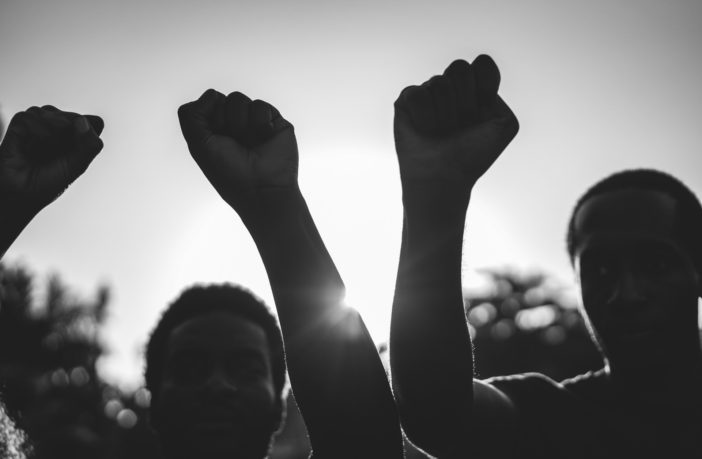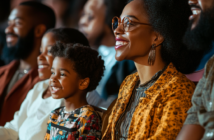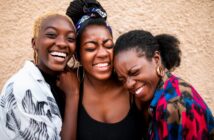The month of June brings with it a convergence of Black life, celebrations of liberty, and reminders of our necessary pursuit of unfettered happiness. The arrival of summer’s warmth is the perfect backdrop for Juneteenth cookouts soundtracked by R&B and Soul classics, keeping time with the rhythms of Black Music Month and Pride for the many queer voices and pens that compose their notes. June offers us time to honor men’s journeys of mental health and fatherhood while painfully reminding us of collective losses to gun violence during this month of national awareness. As Black Americans honor our rich culture and victories past, we remain challenged with the threats to freedom that lie ominously ahead.
In the ever-poignant words of Dr. Martin Luther King Jr., “Injustice anywhere is a threat to justice everywhere. We are caught in an inescapable network of mutuality, tied in a single garment of destiny.” At home, we warily approach another presidential election cycle where everything is once again at stake. We face critical issues from abortion care access and the rights of trans individuals to live freely to who has the fundamental right to vote. We are persecuted on every side by inflation, wage stagnation, and the emergence of Cop Cities across the country amplifying existing tensions between police and the community. We are shouldered with the burden of saving the country by due political process of voting for a system that often ignores and silences our pleas for equity and reciprocity.
We protest and scream into the seeming ethers for ceasefire in concurrent genocides of Palestine, the Democratic Republic of Congo, Sudan, and the Amhara and Tigray regions of Ethiopia. Social media provides us a front row view of images of war’s destruction that will not soon leave us. We were not built to withstand the toll of living in a world that constantly resembles the decay of death. We’re being told that “It’s summertime and the living is easy” in the winter of late-stage capitalism, and the presentation of the world’s children as living sacrifices for “freedom” is far more than we can bear. No one can truly thrive in a persistently barren land without anything to sustain living. Although there is little in which to take solace, we are not without hope.
Of all its attributes Black Music is, unquestionably, a prophetic voice. Our hymns and spirituals are coded with messages in a language that our ancestors understood without the hostile intervention of their oppressors. In our music, we’ve made room for lamenting our realities and called into being our hopes for the future in its measures and time signatures. Across generations and genres, we have, as Beyoncé names, hidden secrets intended only for one another in the backbeat. If we listen intentionally, our melodies map the pathways forward to liberation and justice for all.
In our organizing of resistance, may we hear the call to awareness through our protest anthems. Let us hear Teddy Pendergrass’s crooning calls to “Wake up, everybody” and realize that all oppression is linked — and we now must divest from individualism and back into community if we all truly will be free. Help us to understand that we are our own greatest resource, and when we put our minds together, things will surely work out. When we lose hope as death tolls, rent and grocery prices, and unemployment rise, Twinkie Clark’s unmistakable voice in harmony with her sisters testifies that we needn’t remain discouraged because the darkest hour is just before the day. As we deepen our understanding of how marginalization by race, class, gender, sexuality, ability and nationality only serve to sustain the systems that oppress us all, may we find courage in Donny Hathaway’s reminder that when we lay our dreams of liberation up to the sky, someday we’ll all be free. We who believe in and remain faithful in our ability to call freedom into being cannot rest until it comes.



